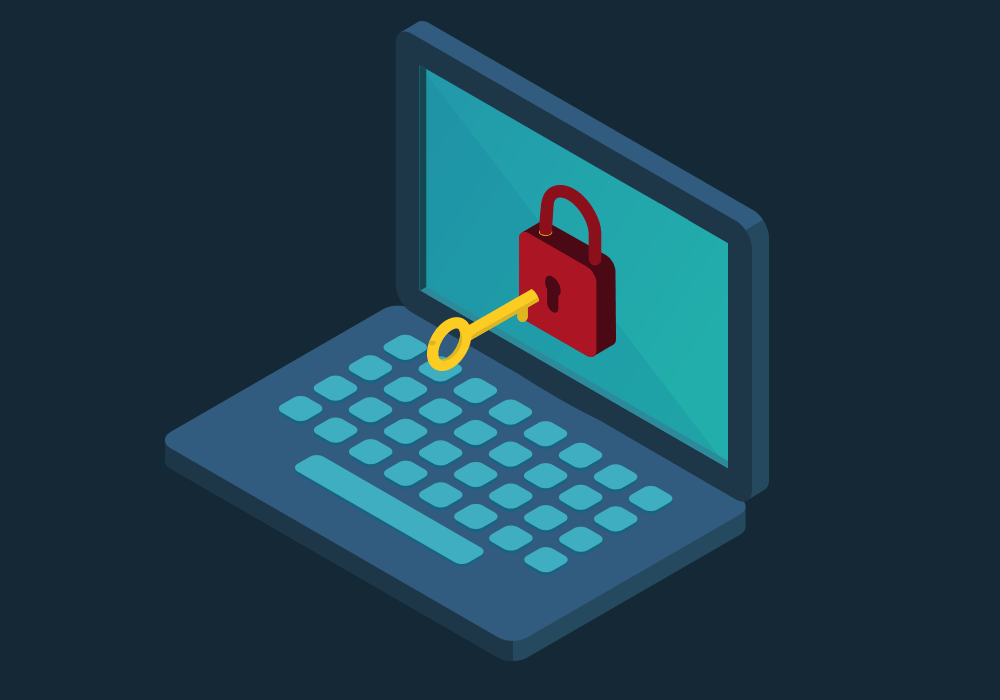

Information Technology Act 2000 together with Indian Penal Code have adequate provisions to deal with increasing Cyber Crimes by providing punishment in the form of imprisonment ranging from two years to life imprisonment and penalty depending on the type of Cyber Crime through their law enforcement machinery.
The Government has taken following steps for prevention of Cyber Crimes:-
i) The Online Cyber crime Reporting Portal is a central citizen portal through which complaint can be made by the victims of cyber-crime. It was basically launched on 20th September 2018 to report complaints regarding child pornography, child sexual abuse material or sexually explicit content.
ii)Cyber Crime Cells have been set up in States and Union Territories for reporting and investigation of Cyber Crime cases.
iii) Government has set up cyber forensic training and investigation labs in the States of Kerala, Assam, Mizoram, Nagaland, Arunachal Pradesh, Tripura, Meghalaya, Manipur and Jammu & Kashmir for training of Law Enforcement and Judiciary in these States. These forensic labs are meant for Proper collection and preserving of evidence related to cyber-crime and its analysis in line with the provisions of the IT Act and evidence Act is of utmost importance. A national cyber forensic laboratory will operate 24*7*365 basis.
iv) In collaboration with Data Security Council of India (DSCI), NASSCOM, Cyber Forensic Labs have been set up at Mumbai, Bengaluru, Pune and Kolkata for awareness creation and training.
v) National Law School, Bangalore and NALSAR University of Law, Hyderabad are also engaged in conducting several awareness and training programmes on Cyber Laws and Cyber crimes for judicial officers.
vi) In order to develop effective tools to detect obscene and objectionable content in the cyber space, a continuous refining is needed. Hence, there is need to take up research and development activities in partnership with research and academic institutions of national importance.
vii) Training is imparted to Police Officers and Judicial officers in the Training Labs established by the Government.
viii) The Scheme for Universalisation of Women Helpline has been approved to provide 24 hour emergency and non-emergency response to all women affected by violence. In general, the scheme for Cyber Crime Prevention against Women and Children (CCWC) has been formulated by the Ministry of Home Affairs to have an effective mechanism to handle cyber crimes against women and children in the country.

ix) ‘Police’ and ‘Public’ are primarily responsible for prevention, detection and investigation. Hence there is need for a well-defined citizen awareness program by the government of India aimed at delivering cyber-crime dos and don’ts as a proactive mitigation initiative. Awareness about cyber crime and cyber hygiene will be introduced in schools in the early stages of education as a component of school curriculum.
Research by lakshmi / student . Engineering student from karnataka.